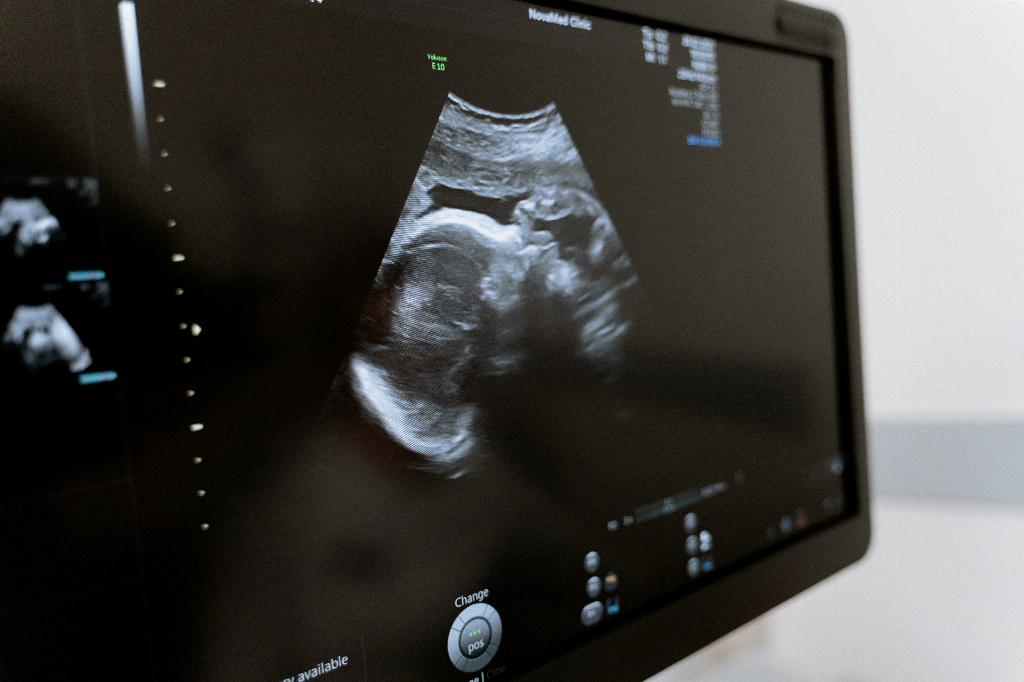When it comes to the health and well-being of a pregnant woman and her unborn child, the presence of sexually transmitted infections (STIs) can introduce a number of concerning risks and complications. Different STIs carry distinct dangers for the developing fetus, underscoring the importance of early detection and treatment to safeguard the pregnancy.
The Risks Associated with Specific STIs
Chlamydia, one of the most prevalent STIs worldwide, can significantly heighten the likelihood of preterm delivery and low birth weight in expectant mothers. In addition, untreated chlamydia infection may lead to pink eye or pneumonia in the newborn, highlighting the need for timely screening and intervention.
Genital herpes, another common STI, poses specific dangers to the unborn fetus. Expectant mothers with genital herpes may transmit the virus to their babies during childbirth, increasing the risk of newborn blindness, brain damage, and skin infections. Vigilance and management of genital herpes during pregnancy are crucial to prevent such complications.
The Importance of Early Detection and Treatment
Given the potential repercussions of STIs on fetal health, early detection and treatment are paramount. Routine prenatal screenings for STIs can help identify infections promptly, enabling healthcare providers to initiate appropriate interventions and minimize risks to both the mother and the developing fetus.
Preventing Vertical Transmission of STIs
Vertical transmission, or the passage of infections from a pregnant woman to her unborn child, is a significant concern in cases of STIs. Practicing safe sex, undergoing regular STI testing, and adhering to recommended treatment regimens can play a pivotal role in preventing the vertical transmission of STIs and safeguarding the health of both mother and baby.
Comprehensive Care for Pregnant Women with STIs
For pregnant women diagnosed with STIs, comprehensive care is essential to ensuring a positive pregnancy outcome. This may involve close monitoring of the infection, timely administration of medications, and ongoing support to address any related complications or concerns that may arise during pregnancy.
Educating Expectant Mothers on STI Risks
Empowering expectant mothers with knowledge about the risks associated with STIs during pregnancy is crucial for promoting proactive healthcare practices. By educating women about the potential consequences of untreated STIs on fetal development, healthcare providers can facilitate informed decision-making and preventive measures.
Supporting Mental Health and Well-Being
In addition to physical health considerations, it is important to recognize the emotional impact of STI diagnosis during pregnancy. Offering emotional support, counseling services, and access to resources can help pregnant women navigate the challenges associated with STIs and maintain their mental well-being throughout the pregnancy.
Collaborative Care Approach
A multidisciplinary approach involving obstetricians, infectious disease specialists, and other healthcare professionals is often necessary to deliver comprehensive care to pregnant women with STIs. By fostering collaboration among different healthcare providers, it becomes possible to address the diverse medical needs of expectant mothers and optimize pregnancy outcomes.
Postnatal Follow-Up and Monitoring
Following delivery, postnatal follow-up and monitoring are crucial for assessing the health of the newborn and identifying any potential complications stemming from STI exposure during pregnancy. Close observation and medical evaluation can help detect and address any concerns promptly, ensuring the well-being of both mother and baby.
Advocacy for STI Awareness and Prevention
Advocating for STI awareness and prevention is key to promoting maternal and child health on a broader scale. By raising awareness about the risks of STIs during pregnancy, advocating for universal screening protocols, and supporting initiatives aimed at reducing STI prevalence, stakeholders can contribute to a safer and healthier environment for expectant mothers and their infants.
Conclusion
In conclusion, the impact of STIs on an unborn fetus during pregnancy is a significant health concern that requires proactive management and comprehensive care. By understanding the risks associated with specific STIs, emphasizing the importance of early detection and treatment, and advocating for ongoing support and education, healthcare providers can help safeguard the well-being of pregnant women and their babies, ensuring a positive pregnancy outcome.

